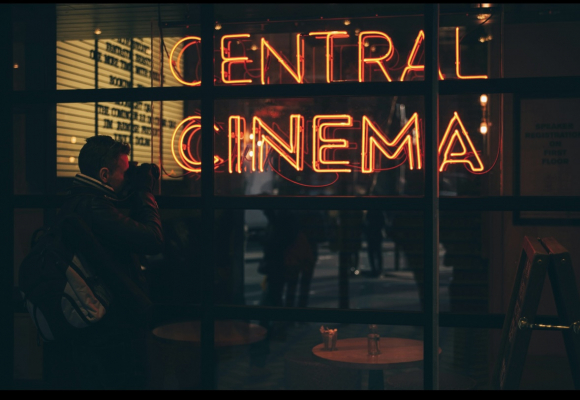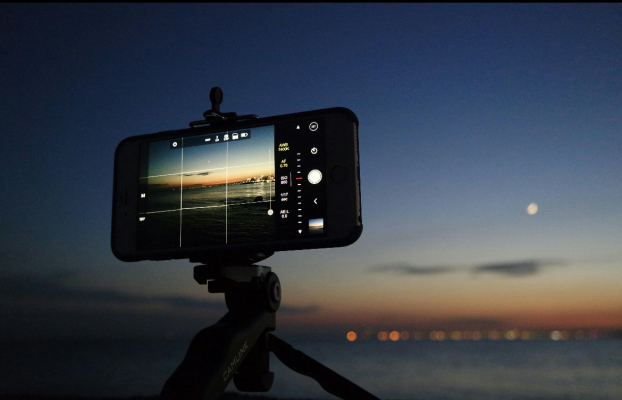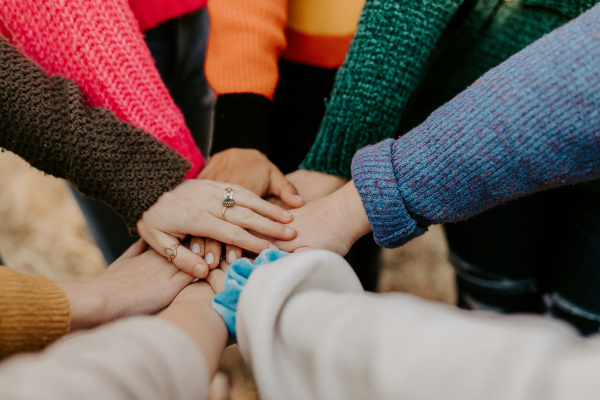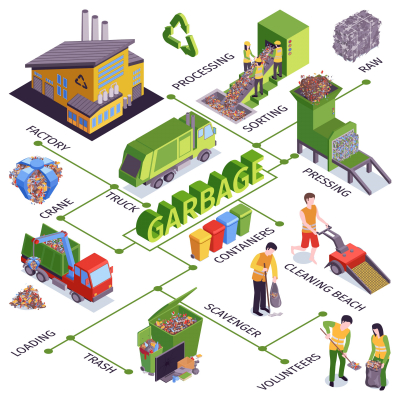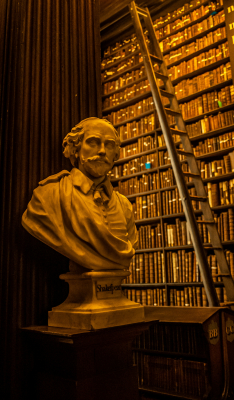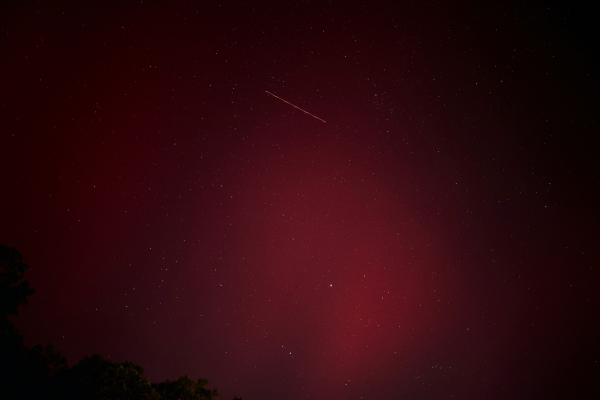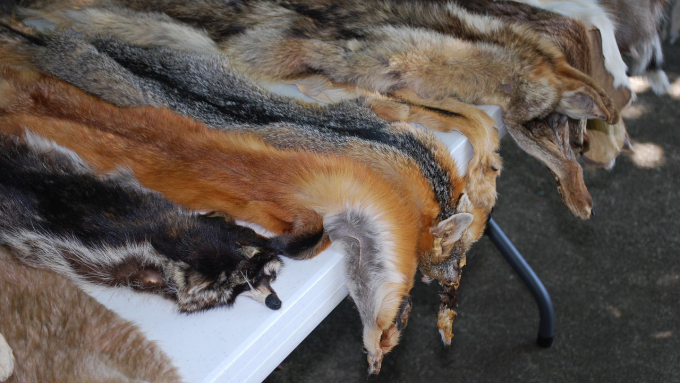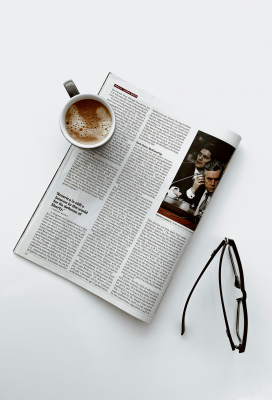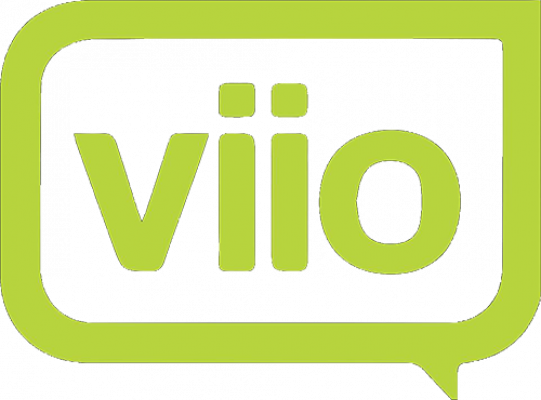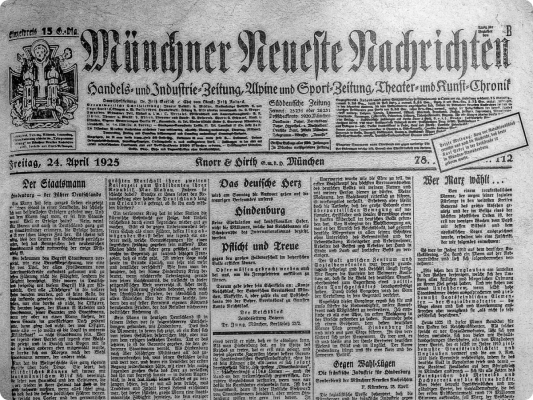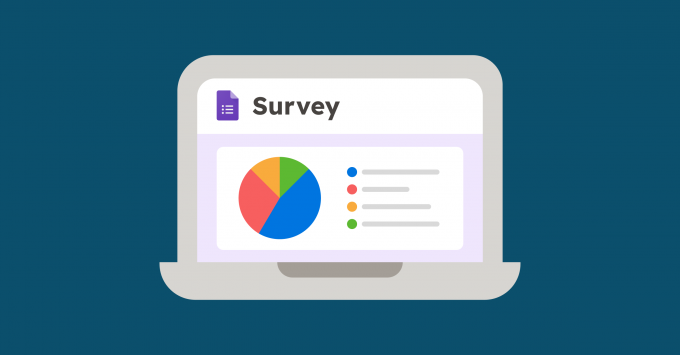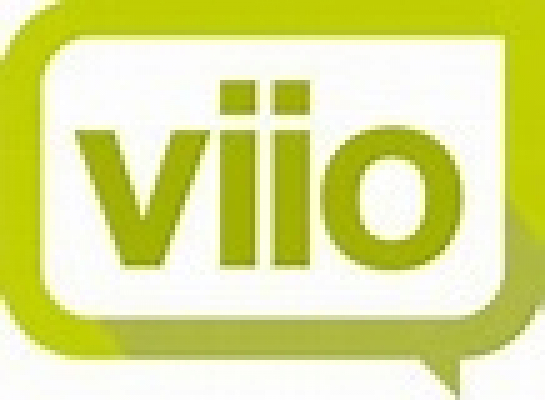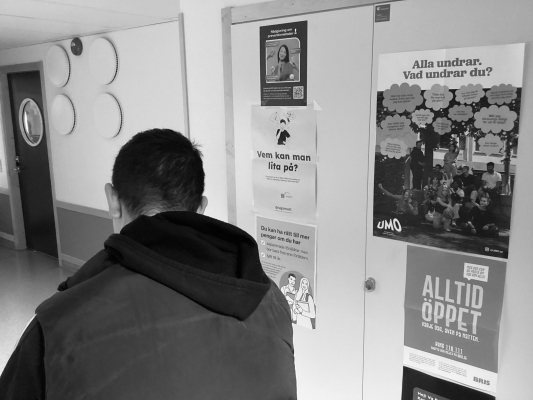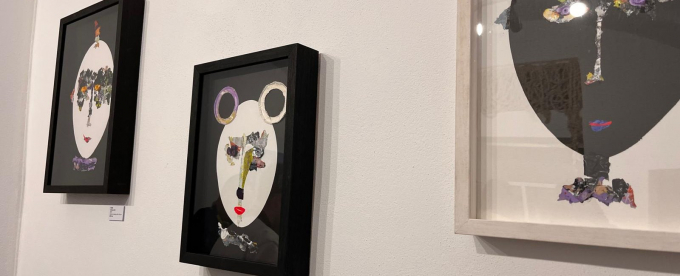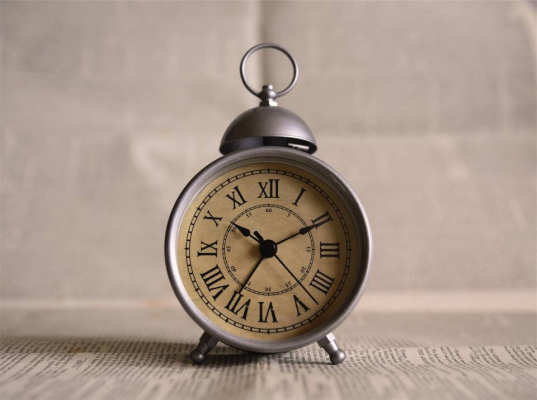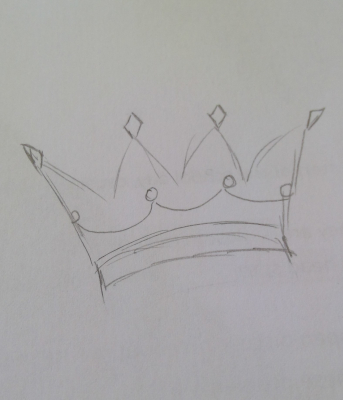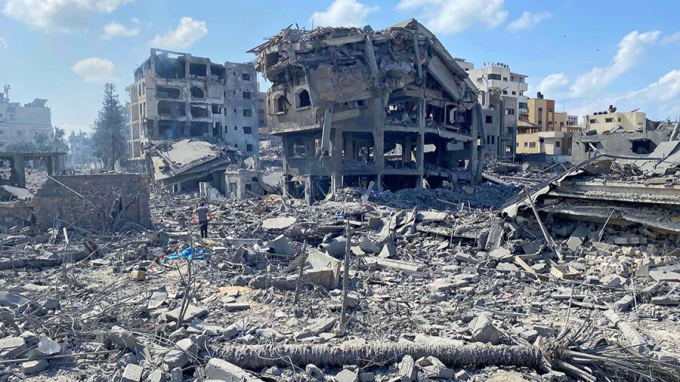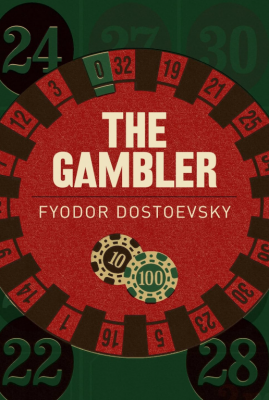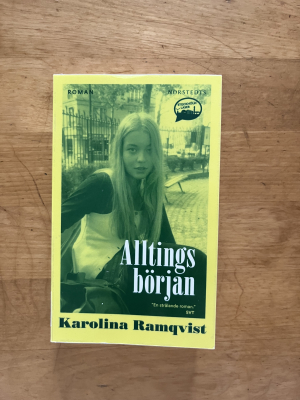Hollywood's Soul Entangled in AI's Web
By OCTAVIAN GOGA
Published 2024-10-22 10:46

In recent years, Hollywood has been at the forefront of technological innovations in the entertainment industry. One of the most contentious issues currently shaking up the industry is the use of artificial intelligence (AI) in film production. This conflict pits traditional film producers against AI technologies that are reshaping the way movies are made and how creative control is exercised. The debate has raised significant concerns among actors, filmmakers, and industry professionals about the future of filmmaking, creativity, and jobs in Hollywood.
AI has been steadily making inroads into various aspects of film production, from scriptwriting to casting and post-production. AI tools are being used to predict box office success, analyze audience preferences, and even generate original screenplays. For instance, companies like ScriptBook and Cinelytic offer AI-driven platforms that can predict a film's financial performance and provide insights into casting and script changes that could enhance a movie's appeal.
Benefits and Opportunities:
Efficiency: AI can streamline many aspects of film production, reducing time and costs. Tasks that traditionally took weeks or months can now be completed in a matter of hours.
Data-Driven Decisions: By analyzing vast amounts of data, AI can help producers make more informed decisions, potentially leading to better financial outcomes and targeted content that resonates with audiences.
Creative Enhancement: AI tools can assist in creating special effects, editing footage, and even composing music, opening up new possibilities for filmmakers.
Despite these advantages, many actors and filmmakers are wary of the growing influence of AI in Hollywood. Their concerns range from the erosion of creative control to the potential loss of jobs and the devaluation of human artistry.
One of the primary concerns is that AI might lead to a homogenization of content. Filmmakers like Christopher Nolan have voiced worries about AI diminishing the uniqueness of human storytelling. Nolan stated in a recent interview, “The biggest danger of AI is that we attribute these godlike characteristics to it and therefore let ourselves off the hook. I don’t know what the mythological underpinnings of this are, but throughout history there’s this tendency of human beings to create false idols, to mold something in our own image and then say we’ve got godlike powers because we did that.” He also said that "Cinema is an art form that thrives on the nuances and imperfections of human creativity. AI, with its data-driven approach, could lead to a future where films are formulaic and devoid of soul."
Another significant fear is job displacement. Actors are particularly concerned about the use of AI to create digital doubles or entirely virtual actors. Renowned actress Scarlett Johansson expressed her concerns, saying, "AI technology is amazing, but the idea that a digital version of me could be created without my consent and potentially used in ways I don't agree with is frightening. Our industry needs to have strict guidelines to protect artists' rights and livelihoods."
There are also ethical and legal issues at play. The Screen Actors Guild (SAG-AFTRA) has been actively campaigning for regulations to protect actors' likenesses and prevent unauthorized use of their digital images. Gabrielle Carteris, former president of SAG-AFTRA, highlighted the need for new legal frameworks, stating, "We must ensure that our members' work and identities are safeguarded in this rapidly evolving digital landscape."
Several high-profile cases have brought these issues to the forefront. In 2019, James Dean was controversially recreated through CGI and AI for the film "Finding Jack," sparking outrage among actors and filmmakers who felt it was disrespectful to use a deceased actor's likeness without consent. In response, industry organizations like the Directors Guild of America (DGA) and the Writers Guild of America (WGA) are pushing for regulations that ensure transparency and ethical use of AI in film production. The WGA, for example, has called for new contracts that specifically address the use of AI in writing and creative processes to protect writers' interests.
The future of AI in Hollywood is still uncertain, but it is clear that the technology is here to stay. The key challenge will be finding a balance that allows for innovation while safeguarding the rights and creative freedoms of those who make movies.
Industry experts suggest that collaboration, rather than conflict, could be the way forward. Filmmaker Ava DuVernay stands up for a balanced approach, stating, "AI can be a powerful tool if used responsibly. We need to establish guidelines and practices that respect both the technology and the people whose art and work are at stake."
Hollywood must navigate these challenges carefully to ensure that AI enhances, rather than detracts from, the magic of filmmaking. The industry is at a crossroads, and the decisions made today will shape the future of cinema for generations to come.
Writers
Research
|
13 Dec Pupil |
|
13 Oct Pupil |
|
13 Oct Pupil |
|
30 Sep Pupil |
|
30 Sep Pupil |
|
25 Jun Pupil |
|
16 Jun Pupil |
|
10 Jun Pupil |
|
10 Jun Pupil |
|
06 Jun Pupil |
|
06 Jun Pupil |
|
06 Jun Pupil |
|
05 Jun Pupil |
|
31 May Pupil |
|
28 May Pupil |
|
28 May Pupil |
|
25 Apr Pupil |
|
25 Apr Pupil |
|
25 Apr Pupil |
|
25 Apr Pupil |
|
25 Apr Pupil |
|
25 Apr Pupil |
|
11 Apr Pupil |
|
08 Apr Pupil |
|
17 Feb Pupil |
|
17 Feb Pupil |
|
17 Feb Pupil |
|
17 Feb Pupil |
|
31 Jan Pupil |
|
23 Jan Pupil |
|
16 Dec Pupil |
|
13 Dec Pupil |
|
13 Oct Pupil |
|
13 Oct Pupil |
|
30 Sep Pupil |
|
28 May Pupil |
|
28 May Pupil |
|
25 Apr Pupil |
|
25 Apr Pupil |
|
25 Apr Pupil |
|
25 Apr Pupil |
|
25 Apr Pupil |
|
25 Apr Pupil |





